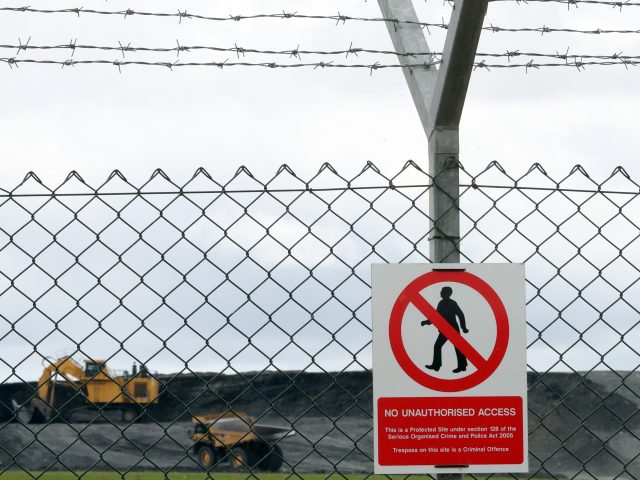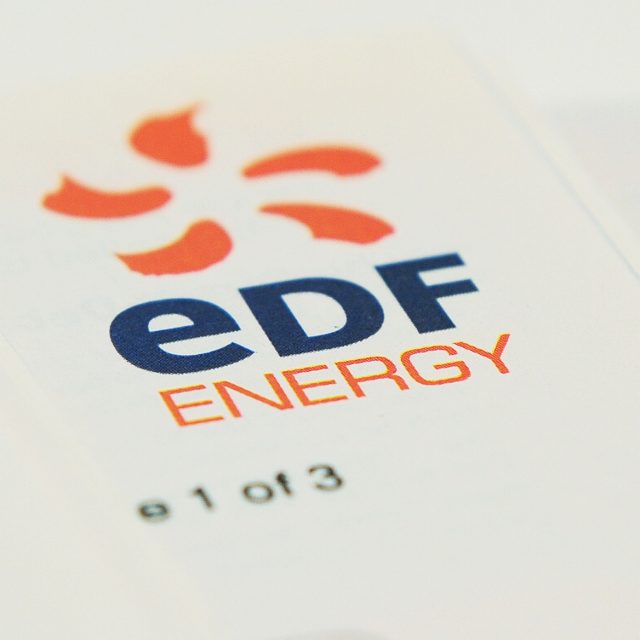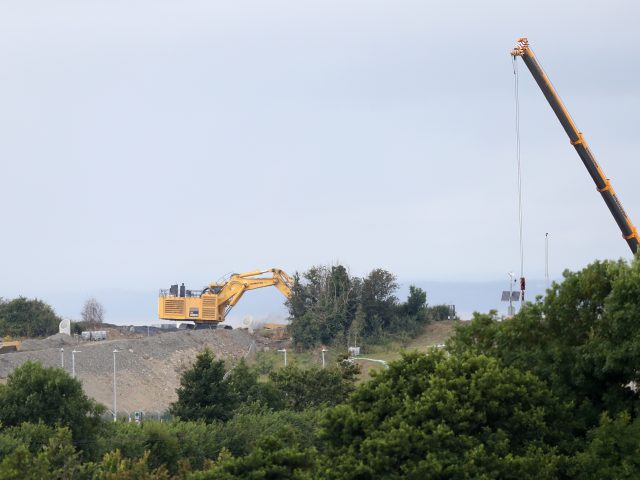
The Government’s deal for a new nuclear power plant at Hinkley Point has locked consumers into a “risky and expensive project” with uncertain benefits, the National Audit Office (NAO) warned.
The Department for Business, Energy and Industrial Strategy (Beis) finalised the deal to support the £18 billion Hinkley Point C reactor last September, with energy consumers paying subsidies on their bills for the scheme for 35 years.
But payments that will be added to consumer bills have ballooned from an estimated £6 billion to £30 billion, a report from the NAO said.

Beis has not sufficiently considered the costs and risks to consumers and it will not be known for decades whether Hinkley Point C will be value for money, the report added.
While it is a widely shared view some nuclear power is needed to ensure the UK cuts carbon emissions at the least cost, the case for Hinkley Point has weakened since the Government agreed key commercial terms in 2013, the NAO said.
The company building the nuclear plant, which is two-thirds owned by French energy giant EDF and one-third by China General Nuclear Power Group, will receive a guaranteed price for the power it generates. The deal for the “strike price”, set at £92.50 per megawatt/hour in 2012 prices, was agreed without competition from other schemes.

Falling costs of fossil fuels, which reduce wholesale prices of electricity, means the forecast top-up payments on consumer bills have soared.
Delays have pushed back construction of Hinkley Point C, while the expected costs of most low-carbon alternatives to nuclear power, such as offshore wind, have fallen more than expected.
In addition, the NAO said the NNB Generation Company building Hinkley Point could still seek further financial support from the Government, while the technology being used for the reactor is unproven and other projects using it are facing difficulties.

An EDF Energy spokesman said the report showed Hinkley Point C remained good value compared with alternative choices.
“Consumers won’t pay a penny until the power station is operating and it is EDF Energy and CGN who will take the risk and responsibility of delivering it. The project is having a major impact on the UK’s industrial capacity, jobs and skills.
“Relaunching the UK nuclear new build industry at Hinkley Point C will enable costs for future projects, in particular Sizewell C, to be lower,” he said.
A Beis spokesman said: “Hinkley Point C will be the first new nuclear plant in a generation. This was an important strategic decision to ensure that nuclear is part of a diverse energy mix.
“Consumers won’t pay a penny until Hinkley is built; it will provide clean, reliable electricity powering 6 million homes and creating more than 26,000 jobs and apprenticeships in the process.”


Comments: Our rules
We want our comments to be a lively and valuable part of our community - a place where readers can debate and engage with the most important local issues. The ability to comment on our stories is a privilege, not a right, however, and that privilege may be withdrawn if it is abused or misused.
Please report any comments that break our rules.
Read the rules here